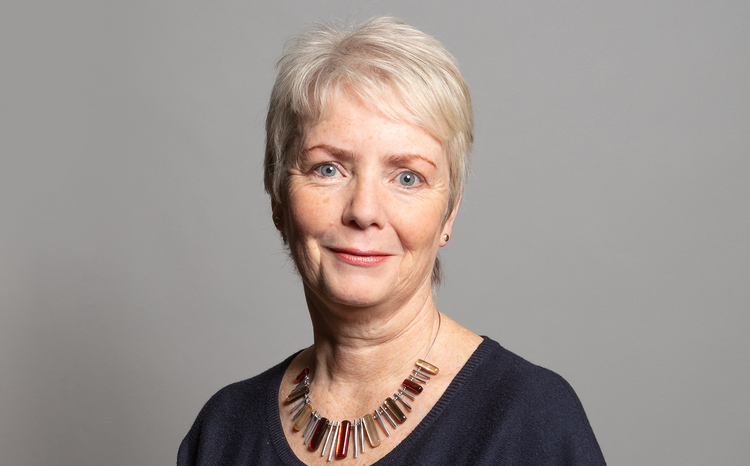DHSC announces ministers responsible for digital and MedTech
- 17 July 2024

- Karin Smyth is minister for health with responsibility for NHS data and tech including cyber security and the FDP
- Stephen Kinnock is minister for care with the portfolio for tech and innovation
- Baroness Merron was appointed parliamentary under-secretary of state with responsibilities including medical tech
The junior ministers responsible for digital, data and MedTech within the Department of Health and Social Care (DHSC) have been announced.
Appointments were made by Wes Streeting, Labour MP for Ilford North, who became health secretary on 5 July, following Labour’s win in the general election.
He appointed Karin Smyth, Labour MP for Bristol South, as minister of state for health on 8 July 2024 with responsibility for NHS data and technology including cyber security and the federated data platform (FDP).
Streeting has criticised the “glacial pace of adoption” of the FDP and said it is “of vital national strategic importance as a project”.
Before her parliamentary career, Smyth held roles in the NHS which included working in NHS commissioning, as a non-executive director of a primary care trust, and as manager of a GP commissioning consortium.
She has held the seat of Bristol South since 2015 and was appointed shadow health minister in 2023, with a remit for NHS reform.
Smyth posted on X on 9 July that she was delighted to be working to “tackle the challenges facing the NHS”.
Alongside Smyth, Stephen Kinnock, Labour MP for Aberafan Maesteg, was appointed minister of state for care on 8 July.
His responsibilities include technology and innovation; system assurance and data; and health and social care integration.
Kinnock is the son of Neil Kinnock, former leader of the Labour party. His previous roles include shadow minister for immigration from February 2022 to May 2024; shadow minister for defence from December 2021 to February 2022; and shadow minister for foreign and commonwealth affairs from September 2020 to December 2021.
On 12 July, Kinnock posted on X that his team would be “working relentlessly to address challenges and seize opportunities for change across the portfolio”.
Baroness Gillian Merron was appointed parliamentary under-secretary of state on 9 July, with responsibility for life sciences and innovation, including medical technology.
She was minister of state for public health from 2009 to 2010 and has been shadow spokesperson for health and social care since 2021.
Andrew Gwynne, Labour MP for Gorton and Denton, was also appointed parliamentary under-secretary of state.
Streeting has pledged to make Britain “a powerhouse for the life sciences and medical technology” and the Labour manifesto outlined plans to double the number of CT and MRI scanners and bring in AI-enabled scanners to increase productivity.
Government figures published on 11 July 2024, revealed that the UK had a £5.4 billion trade deficit for medical technology in 2023, and ranks lowest for the number of MRI units, CT and PET scanners per million population amongst comparator countries.





